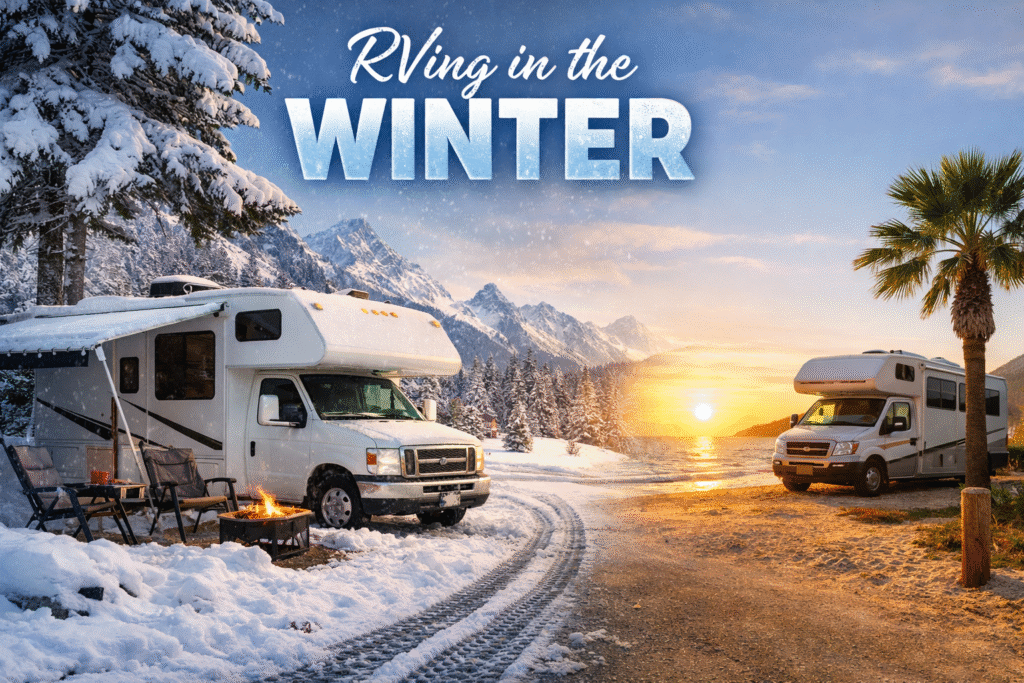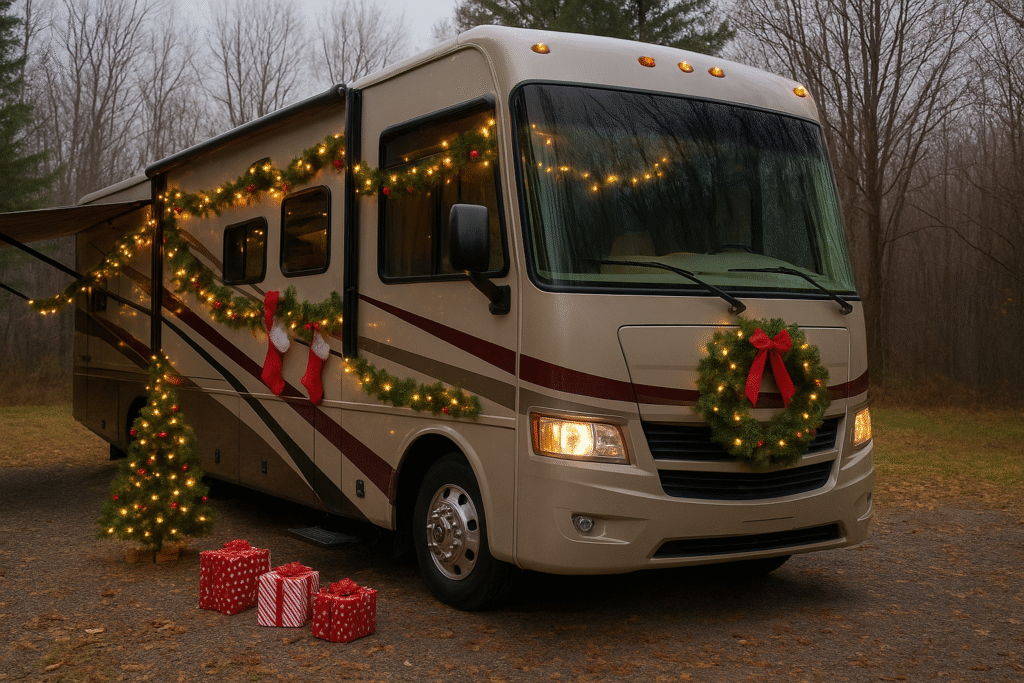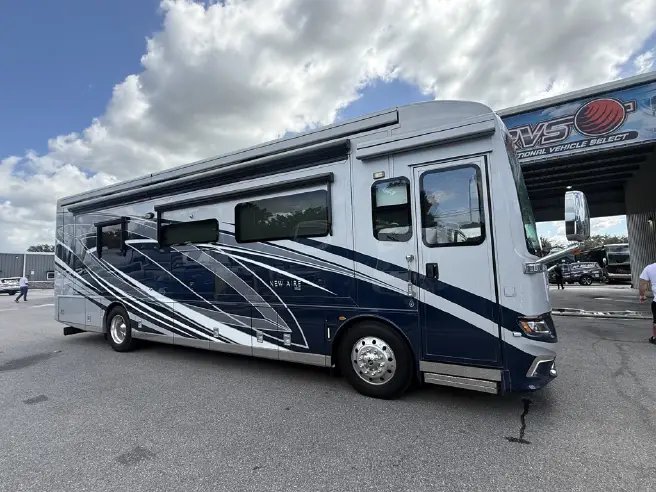It’s wildfire season again, and it’s already quite an active one. So far this year, nearly 3,400,000 acres of land has been burned by large fires, according to the National Interagency Fire Center. The Bootleg Fire in Oregon has been burning since June 6, and is the largest wildfire in the U.S. this year. That fire is so big, it’s generating its own weather!
Unfortunately, this active wildfire season coincides with summer, which is prime camping time for RVers and tent campers alike. So if you plan to camp—especially in the western part of the U.S. where wildfires are rampant—how can you do so responsibly and safely?
Make Reservations You Can Easily Cancel
Camping in areas prone to wildfire can be tricky and requires that you plan ahead for unexpected circumstances. For example, if a fire breaks out near a location at which you plan to camp, have a backup plan ready in case you need to camp elsewhere. To do this effectively, you should only make reservations at campgrounds that you can quickly cancel if need be.
Plan for Smoke in the Air
RV camping near wildfires also means being able to adjust to changing environments. Smoke from wildfires can travel thousands of miles across the country, so if you’re sensitive to smoke, choose camping locations that are ideally out of the path of smoke plumes and keep an eye on air quality conditions.
The good news is, your RV can be closed up if need be and you can include HEPA filters or air purifiers in your rig to help improve your indoor air quality when smoke is outside.
Be Prepared for Restrictions… and Follow Them!
Being able to RV camp safely and responsibly during wildfire season also involves being flexible. Fires of any kind—including campfires, gas stoves, and lanterns—might be prohibited at certain campgrounds. Plan for even tighter restrictions when boondocking.
When restrictions are in place, follow them to a T to ensure your safety and that of those around you. Following restrictions and proper fire prevention etiquette (such as never leaving open flames unattended) is important and will ensure that you’re doing your part to help prevent wildfires.
Be Ready to Evacuate
Finally, any time you plan to camp in a wildfire area, you should always be prepared to evacuate at a moment’s notice. Learn what the evacuation protocols are for the campgrounds you’re staying in and map out what your route might be in the event of an evacuation. It’s also a good idea to sign up for email and text alerts from local law enforcement and environmental agencies so you can stay abreast of conditions as officials release information.
Have you camped in an area prone to wildfires before? If so, what precautions did you take to remain safe? Let us know in the comments or contact us today!




